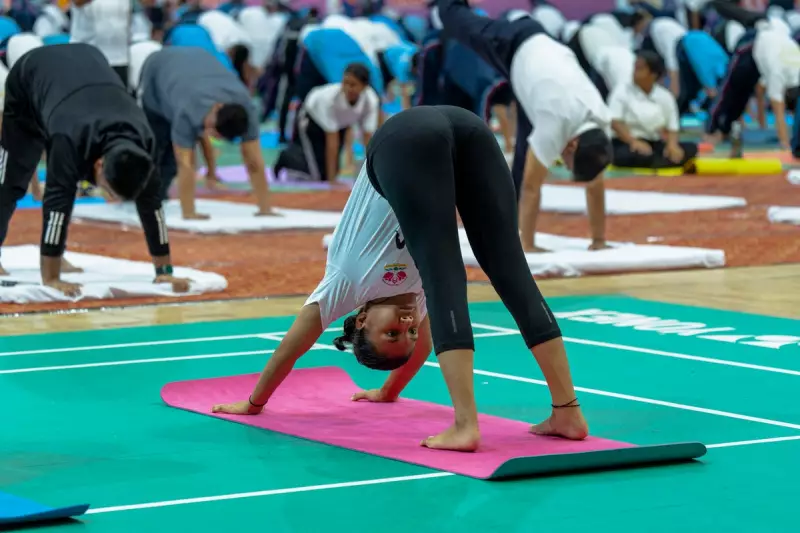
Tossing and turning through the night could become a thing of the past, thanks to groundbreaking new research into the powerful link between gentle movement and slumber. Scientists have pinpointed a handful of specific exercises that effectively prime your body and mind for a deep, uninterrupted night's rest.
Forget intense, sweat-drenched gym sessions; the key to better sleep lies in mindful, low-impact routines performed in the evening. These activities work by calming the nervous system, releasing physical tension, and quieting a racing mind—the primary culprits behind insomnia.
The Top Exercises For A Perfect Night's Sleep
The research highlights several accessible practices that anyone can incorporate into their nightly wind-down ritual.
1. Restorative Yoga
This form of yoga is less about flexibility and more about supported relaxation. Poses like 'legs up the wall' (Viparita Karani) are championed for their ability to ease lower back tension and promote a sense of calm. By focusing on slow, deliberate breathing while holding these gentle poses, the body's stress response is dialled down, signalling that it's safe to sleep.
2. Mindful Body Scans
This practice involves lying comfortably and mentally scanning your body from head to toe, consciously releasing tension in each area. It’s a powerful technique for catching the subtle physical stress we often carry without realising, making it an excellent tool for transitioning into sleep.
3. Diaphragmatic Breathing
Often called 'belly breathing', this simple technique involves taking deep, slow breaths that fully engage the diaphragm. This stimulates the vagus nerve, triggering the body's parasympathetic 'rest and digest' system and slowing the heart rate—a biological prerequisite for falling asleep.
Why This Works: The Science of Movement and Rest
The efficacy of these exercises isn't just anecdotal; it's rooted in physiology. Gentle movement helps regulate the body's circadian rhythm and reduces levels of cortisol, the stress hormone. Furthermore, focusing the mind on the body and breath acts as a form of meditation, distracting from the day's anxieties and worries that often surface at bedtime.
Experts suggest practising these routines 30-60 minutes before you intend to sleep, creating a consistent buffer zone between the busyness of your day and the peace of your night. By making these exercises a non-negotiable part of your evening, you train your brain to associate them with sleep, building a powerful and sustainable ritual for rest.





